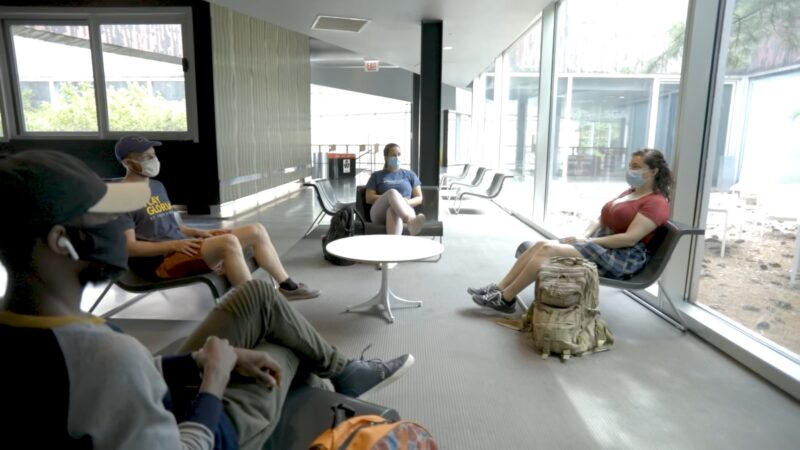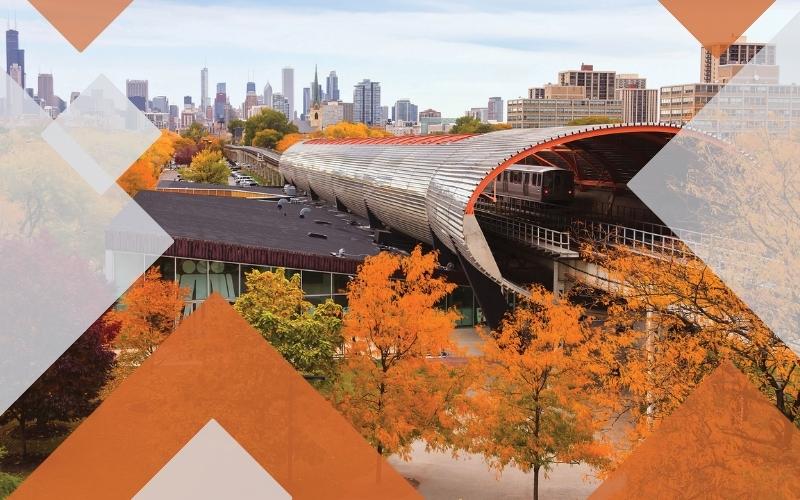As the fall semester commences, universities worldwide are grappling with the challenges posed by the COVID-19 pandemic. The administration at our university has implemented a stay-online policy for the first two weeks, coupled with a mandatory COVID-19 test for those on campus.
However, the execution of these policies has raised several concerns among students, particularly regarding testing arrangements and quarantine protocols.
The Communication Conundrum: Emails from the Administration

The university’s communication strategy has primarily been through emails, with the Dean of Students, Katherine Stetz, announcing on-campus COVID-19 testing dates. However, the lack of clarity and specificity in these emails has left many students feeling anxious and confused.
The emails from other school representatives, while more frequent, have also failed to address the pressing concerns of the students.
The Testing Dilemma: Insufficient Support and Ambiguity

The mandatory COVID-19 testing requirement, while necessary, has been fraught with issues. The limited capacity of available testing slots and the lack of clear communication about future testing dates have left many students, including myself, in a state of uncertainty.
The alternate testing options suggested by the university have proven to be unhelpful for those without specific insurance coverage or access to transportation. The low percentage of reported test results among the university community is a testament to these challenges.
The Quarantine Quandary: Inadequate Arrangements and Support
The university’s handling of quarantine protocols for residential students has also been a source of concern. The decision to move all summer residents to Rowe Village, only to move them back to their original residence halls, has been stressful for many.
The lack of a separate quarantine site for those who may have come into contact with positive cases poses a risk of community spread. The university’s unpreparedness and poor communication were further highlighted in a viral ITSC post detailing the harrowing experience of a quarantined resident.
The Call for Change: Student Advocacy and Administration’s Response

In response to these issues, students have been actively voicing their concerns and advocating for change. A meeting with key university officials, including Stetz, Provost Peter Kilpatrick, Vice President for Enrollment, and Senior Vice Provost Michael Gosz, resulted in some positive feedback and potential solutions.
However, many concerns remain unaddressed, including contract tracing practices, understaffing issues, a decrease in work-study jobs, and the quality of online classes.
Final Words
In conclusion, it is crucial for the university administration to listen to student opinions and suggestions and take proactive steps to address these concerns. As we navigate through this unprecedented situation, the well-being of the university community should be the top priority.

